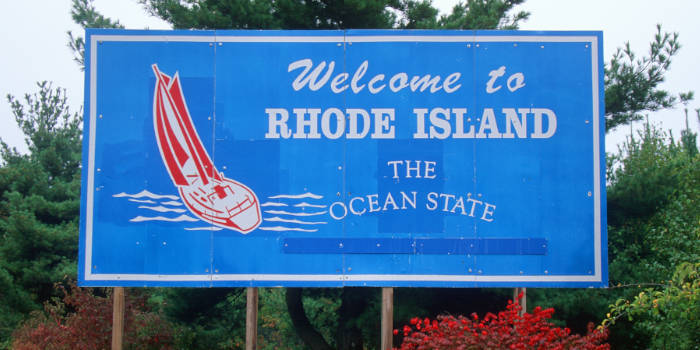The bill, pitched by Senate President Dominick Ruggiero, is looking to expand the scope of betting in the state and allow Rhode Island residents and visitors to bet on college teams that are based in the state.
Betting on College Teams in RI Gains Momentum
This applies to collegiate teams that may soon be a viable betting option. Across the United States, there are different rules for college betting. Some states allow all forms of it, while others, such as Rhode Island, explicitly prohibit betting on college sports teams that are based in the state.
Rule differentiations also exist across jurisdictions – when these teams play in another state, a bet may be acceptable, but when playing at home – not really. The new legislative proposal seeks to do away with restrictions, however.
The Senate bill pitched by Ruggiero does come with a few conditions of its own, however. Notably, sports fans would be able to bet on Rhode Island collegiate teams when a competition involves at least four teams.
Should the bill clear the floor and be subsequently approved by all remaining legislators, it should allow sports fans to bet on pre-season invitationals and conference tournaments. Most importantly of all, though, the bill could make it possible for sports fans to bet on Rhode Island college teams competing in March Madness.
Of course, there is opposition. The main idea behind banning betting on in-state college teams is that some bettors are very likely to have more information about the team than the general public. However, Ruggiero believes that the nature of sports betting and the industry has shifted a lot.
Athletes are not going to sacrifice their status in the sports ecosystem and risk being involved in betting, Ruggiero believes. Furthermore, there are better safeguards today that train athletes how not to participate in match-fixing.
Not Just Sports Betting – iGaming Too
Ruggiero is not quite willing to draw the line at sports betting on college events, though, as the legislator is also looking into the possible legislation of online casinos, usually referred to as iGaming in industry parlor. Speaking to the media in February, Ruggiero said that the segment had become a big driver of revenue.
“I’m also looking at iGaming. I think that will be a substantial revenue generator down the line where people can stay at home and do everything similar to what they do on sports betting,” the senator said.
Yet, making a slight amendment to the existing sports betting infrastructure is child’s play compared to the Herculean efforts that would be needed to compel legislators to throw their support behind online casinos in the state.



